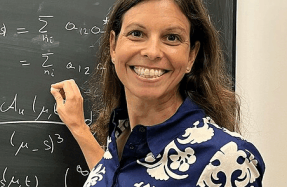The Man Who Would Tame Cancer

Patrick Soon-Shiong wants to turn cancer treatment upside down. On January 12, Soon-Shiong and a consortium of industry, government, and academia announced the launch of the Cancer MoonShot 2020, an ambitious program aiming to replace a long history of blunt trial-and-error treatment with what amounts to a training regimen for the body’s own immune system. That system, Soon-Shiong argues, is perfectly adept at finding and eliminating cancer with exquisite precision—if it can recognize the mutated cells in the first place. Helping it to do so could represent a powerful new treatment for the disease, akin to a flu vaccine.
Soon-Shiong has hit home runs before. This past July, one of his firms underwent the highest-value biotech IPO in history. A cancer drug he developed, called Abraxane, is approved to fight breast, lung, and pancreatic cancers in more than 40 countries. Soon-Shiong’s path from medical school in South Africa through residency in Canada, to UCLA professor, NASA researcher and corporate CEO has given him the bird’s-eye view necessary to take on a project this ambitious, as well as the resources to marshal the world-class computing and genome-sequencing facilities that it requires.
When I sat down with him after the MoonShot announcement, I found him enthralled by the power and aesthetics of newly emerging cancer science, and deeply optimistic about near-term outcomes. This, it seems, is an exciting time to tackle cancer anew.
What’s wrong with how we treat cancer today?
We handle cancer based on empirical trial and error and imperfect information. We
You’re reading a preview, subscribe to read more.
Start your free 30 days

